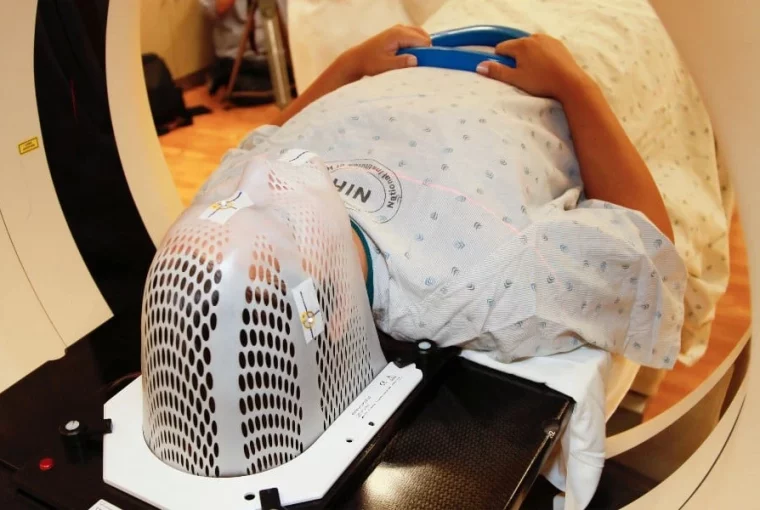Just in the US, each year, around 1.5 million people suffer from Traumatic Brain Injury (TBI) and, currently, over 5.3 million adults and children deal with the long-term consequences of a TBI. But, despite these numbers, every brain injury is unique, varying from mild to severe, leading to different symptoms, and affecting different areas of the brain.
And, while most people are able to recover most of their brain functions, no two TBI recovery journeys are exactly the same. Here are some tips that can speed up your recovery – but don’t underestimate the importance of surrounding yourself with TBI recovery specialists!
Understand Timelines And Adjust Your Expectations
The early stages of TBI recovery often involve being in a coma or in a minimally conscious state. Once regained consciousness, it is likely for patients to enter a period of post-traumatic amnesia or a confusional state. As the swelling decreases and brain chemistry improves, some initial functions might come back.
While these signs are undoubtedly positive, a lot is unknown about the long-term outcomes and prognosis of TBI. According to the MSKTC, the fastest improvements take place within the first six months after the injury. Slower improvements can continue for the rest of a patient’s life.
During these initial phases, you are likely to see sudden changes in symptoms and diagnosis. Make sure to partner with a professional to best manage these changes and understand what to expect from future developments.
Learn More About The Part Of Your Brain That Was Damaged
A brain injury caused by a blow to the head, a bump, an accident, or a penetrating object can affect one or more parts of the brain. Depending on your diagnosis, you might have to deal with the disruption of the normal factions that part of the brain is responsible for.
For example, if the brain’s frontal lobe sustains a trauma – which is likely to happen if you are involved in a car accident – you might experience symptoms such as loss of speech, inhibited muscle movements, difficulty concentrating, inability to plan and organize, and personality changes.
Learn more about what part is affected to understand what symptoms you are likely to see and how to deal with them.
Establish Habits That Support Brain Health
After a brain injury, you’ll see the fastest improvements in your brain functions within 1-6 months. But, while the pace of improvement might slow down over time, you can also notice improvements for years after the injury – and, there is a lot that you can do to promote recovery!
That is why it is essential to adopt lifestyle habits that support brain health, including:
- Exercising regularly
- Avoiding alcohol and tobacco
- Getting plenty of rest and sleep
- Practicing activities like meditation and yoga
- Maintaining your brain active with activities like reading, playing puzzles, etc.
- Choosing a nutritious and balanced diet rich in vegetables (i.e.: the Mediterranean diet)
Adjust Your Daily Routine
Coping with the aftermath of a trauma like a brain injury is hard. Not only will you have to deal with physical symptoms and depression that stem from the injury itself, but you might also be forced to deal with several changes in your life, like a change in employment status and living arrangements.
However, even if you are expected to make a full recovery, there is no rushing the process ahead! That is why you should consider adapting your lifestyle to your new life.
Tips to cope with a TBI include:
- You might need to take naps during the day, embrace your new routine
- Mental fatigue might get in the way of your recovery, consider breaking down tasks to make them more digestible
- Evaluate and avoid risk (i.e.: being in a noisy room with flashy lights might worsen your symptoms)
- Choose your company wisely – but keep up social ties!
- Use tech tools to monitor your health set medication reminders, and keep yourself safe
- Change job if your condition requires you to do so, but make sure to maintain a purpose in life
Work With A Specialist To Promote Recovery
The brain is the most powerful organ. It is incredibly resilient and, thanks to its neuroplasticity, it can heal itself, replace damaged cells, and rewire broken pathways.
But, while this process happens naturally, working with a range of specialists – including occupational, physical, cognitive, and speech therapists – is key to speeding up the process and promoting recovery.




